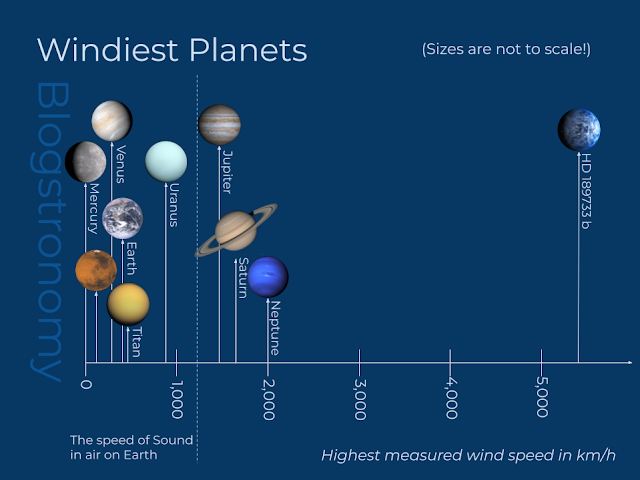What Do I Need to Do Astronomy? - Part 2
A little knowledge goes a long way, and that's the topic of today's astro-essential (Part 1 is here).
Knowledge.
Knowledge is what you get when you start off with a sense of wonder* and then do something about it.
Before you even begin to think about looking through a telescope's eyepiece, it's essential to have some idea of what it is you're actually intending to look at. There's a massive variety of things up there and, in my opinion, just looking at them and going 'oooh' doesn't really allow you to grasp the magnitude of what you're actually looking at. Each point of light in the sky could be one of any number of disparate entities, with a variety of sizes, colours, composition, origins, interactions and timescales wide enough to boggle even the most open of minds.
Knowledge is free!
Before you even begin to think about looking through a telescope's eyepiece, it's essential to have some idea of what it is you're actually intending to look at. There's a massive variety of things up there and, in my opinion, just looking at them and going 'oooh' doesn't really allow you to grasp the magnitude of what you're actually looking at. Each point of light in the sky could be one of any number of disparate entities, with a variety of sizes, colours, composition, origins, interactions and timescales wide enough to boggle even the most open of minds.
Knowledge is free!
Knowledge can be obtained at no extra expense by talking to people or searching on the internet - remember, Google is your friend. This very blog is (I hope) a decent source of knowledge, and it's interactive too: your question hasn't been answered yet? Ask it.
Knowledge is cheap!
Knowledge can be obtained at limited expense by reading books and magazines**...
Knowledge is chuffing expensive!
... and at great expense by paying someone else to educate you*** - about a third of my degree course was spent sat in lecture theatres in the physics & astronomy department.
Where to start
What follows is a by no means exhaustive list of things you'd probably benefit from finding out in the early stages of your journey into astronomy:
Where to start
What follows is a by no means exhaustive list of things you'd probably benefit from finding out in the early stages of your journey into astronomy:
- How can I find my way around the sky?
- What's the difference between stars, planets, moons, galaxies, etc?
- What's the difference between astronomy and astrology?
- How can I tell the difference between stars and planets when I'm looking at the sky?
- What are light years, parsecs, and astronomical units, and how do they relate to things I already know about?
- What actually is a 'shooting star'?
- How far away is the Moon?
- How far away is the nearest star?
- Where am I?
* The first essential bit of kit for getting into astronomy, as discussed in the first post in this series.
** Even this method of knowledge-garnering is free if you have tactics such as borrowing books and magazines from people who have already paid for them (or from the library, of course), or standing around reading them in Waterstones without actually taking them home.
*** I'd be more than happy to quit my day job and sit around talking about astronomy to you instead, so long as you can keep up at least my half of the mortgage payments and bills.



Comments
Post a Comment